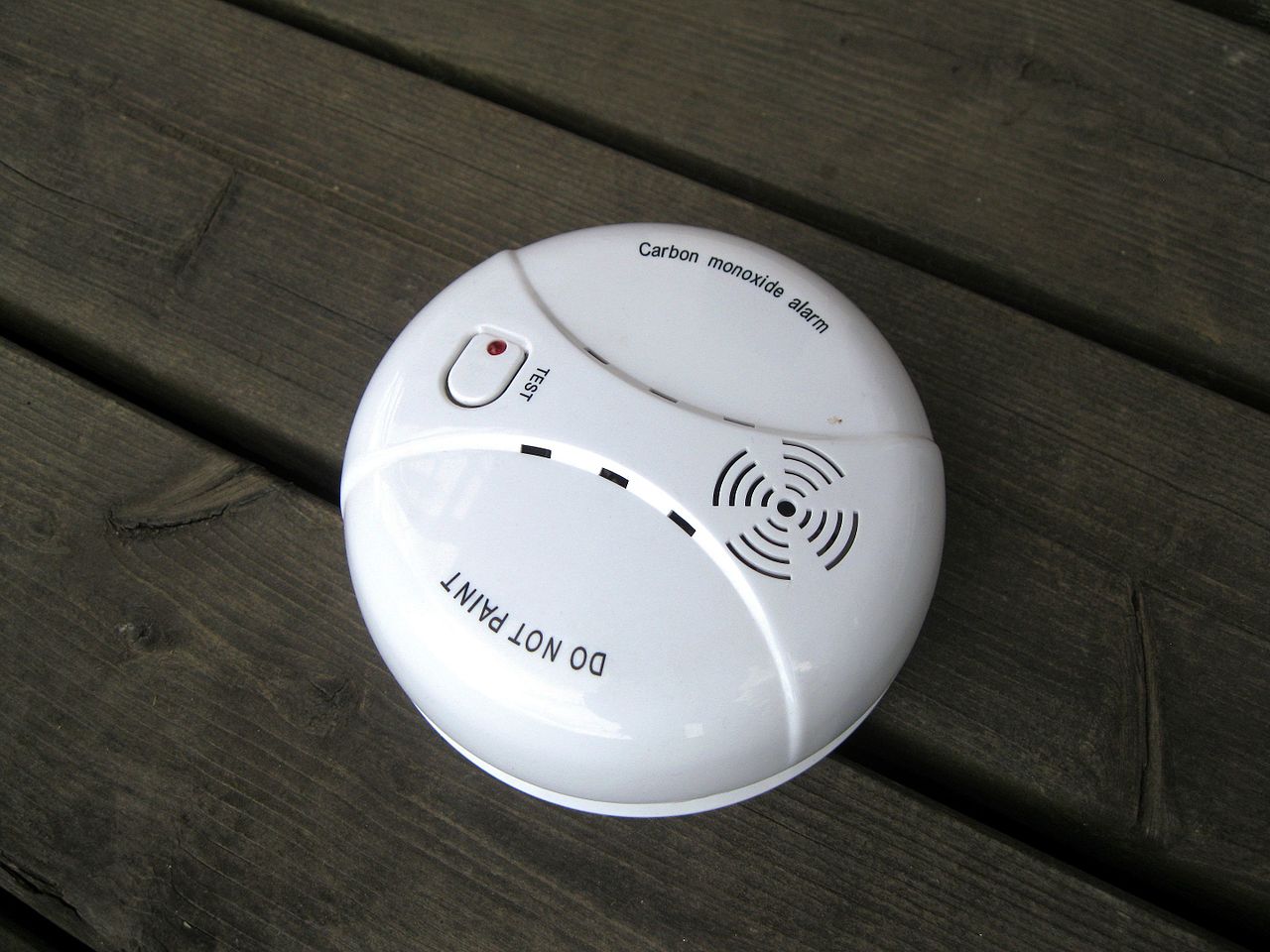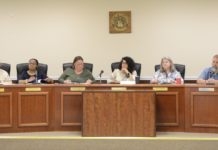
Generators are selling out around Habersham County, temperatures are dropping, and the community is hunkering down to weather the coming winter storm. But while citizens are focusing on the potential dangers outside, they may not be paying close attention to those that could be developing inside.
Carbon Monoxide (CO) is an odorless, colorless, poisonous gas often known as the “invisible killer,” and claims many lives during cold weather and storms when people turn to generators for power sources and different methods to heat their homes.

CO poisoning is deadly. According to the Consumer Product Safety Commission, more than 150 people in the United States die every year from accidental non-fire-related CO poisoning associated with consumer products. Data from the Center for Disease Control shows that in 2017, 399 people died of unintentional, non-fire-related CO poisoning.
Generators, ovens, fireplaces, water heaters, stoves, dryers and faulty heating equipment can bring CO into the home, and depending on the amount of CO in the air, can kill a person over the course of days or in a matter of hours.
One of the best ways to keep yourself and your family safe from CO poisoning is to make sure your CO detector is working properly. You should test your detector once a month, and change the batteries in it every 6 months.
You should also be sure to keep CO-emitting products out of the home. The CDC, CPSC, National Fire Protection Associaton and Federal Emergency Management Association recommend the following:
- Generators should always be used outside, far away from open windows and doors at a minimum of 20 feet away
- Heating sources should be inspected by a professional annually
- Open the flue when using a fireplace
- After winter weather, make sure vents for the dryer, furnace, stove, and fireplace are clear of snow build-up
- If warming up a car, remove it from the garage immediately after starting it
- Never use a gas or charcoal grill inside or in the garage
- Do not heat your home with an oven or gas range
Symptoms of CO poisoning include headache, fatigue, shortness of breath, vomiting, dizziness, confusion, loss of coordination, fainting and death. If your CO alarm goes off, or suspect you may have been exposed to CO, get to fresh air immediately and call 911.
CO poisoning isn’t the only threat to people heating their homes during winter weather— space heaters pose a significant fire risk and local families have lost their homes and lives in space heater fires. Read more about space heater fires here.







